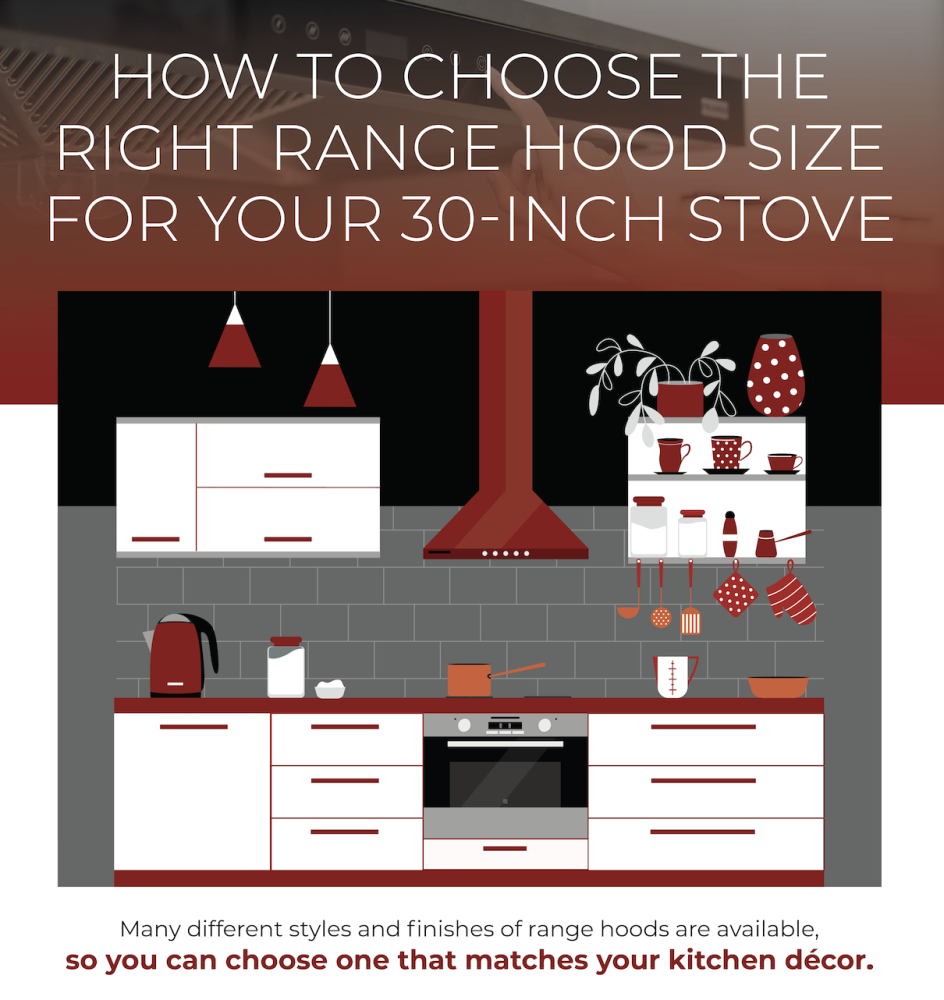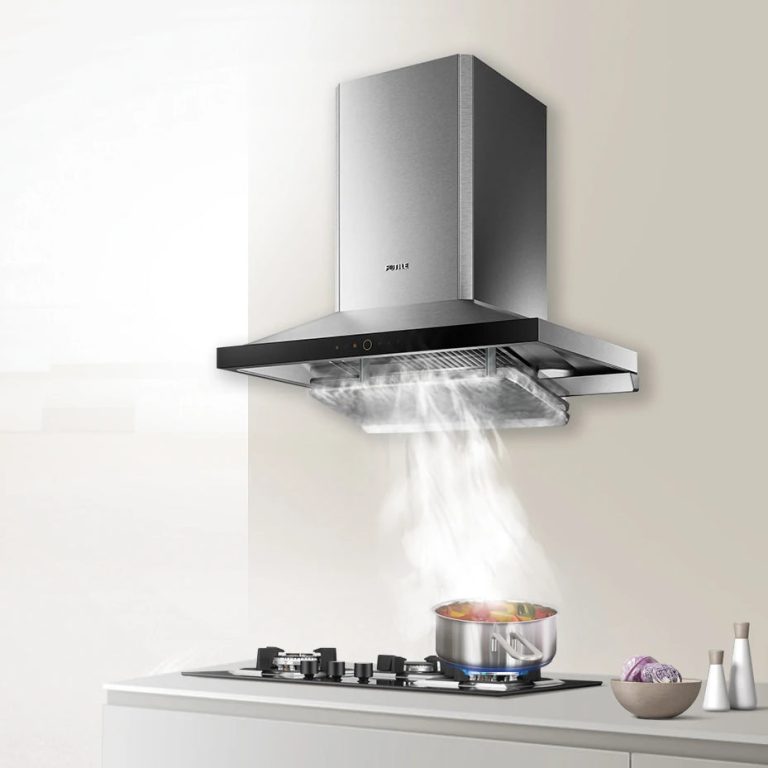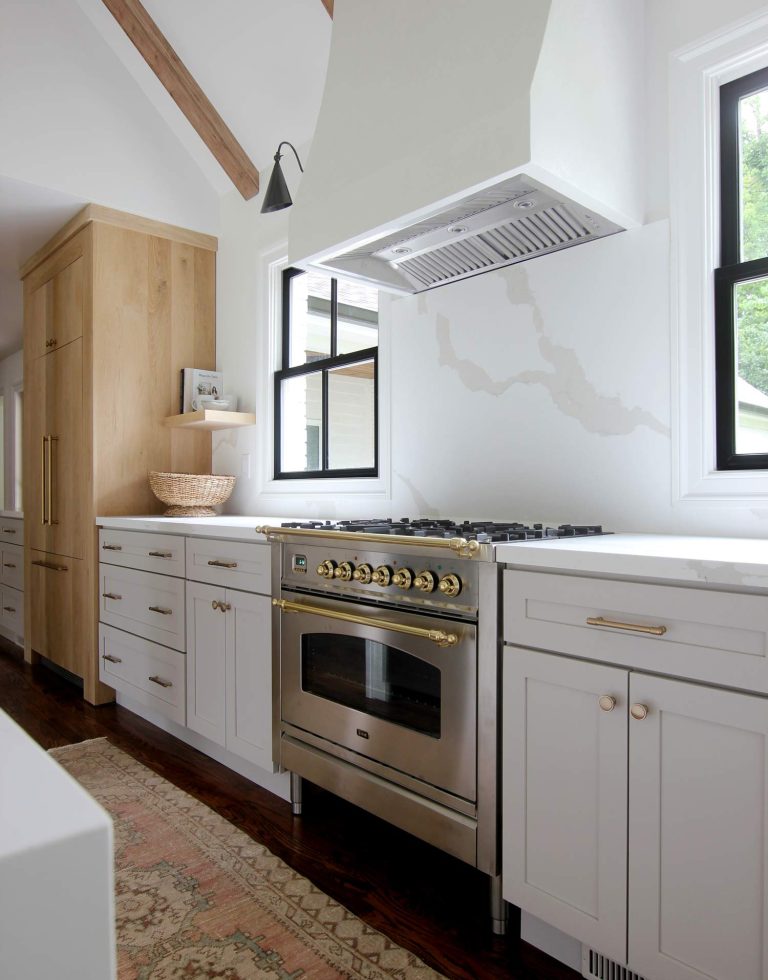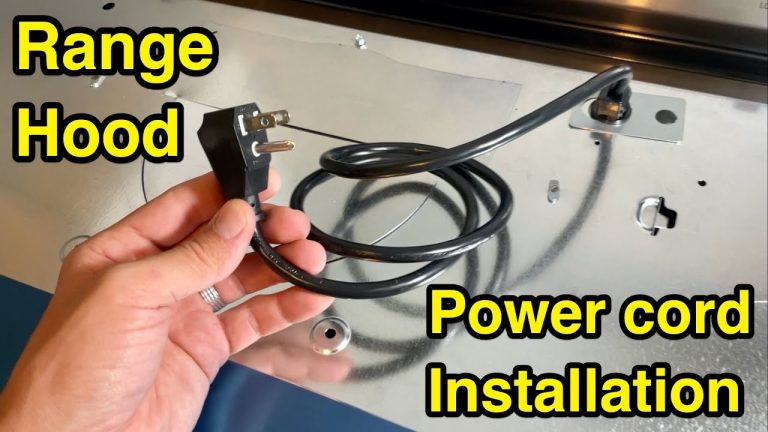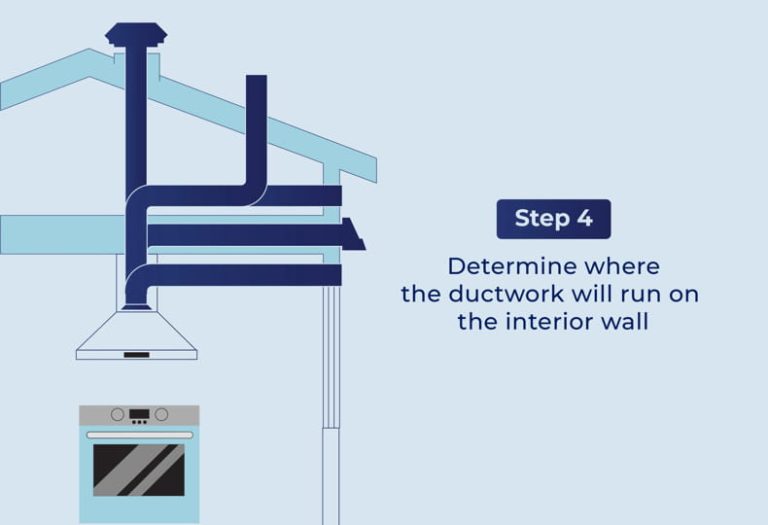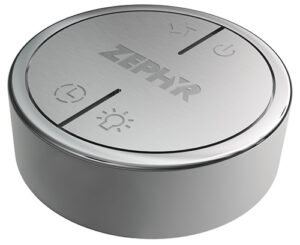For a 30-inch range, a vent hood should ideally be 30 to 36 inches wide. This allows for optimal airflow and effective smoke and odor removal.
Choosing the right vent hood for your kitchen is crucial for effective ventilation. A properly sized hood enhances cooking efficiency and maintains air quality. It can prevent grease buildup and reduce heat in the kitchen. Selecting a vent hood that matches your range not only ensures functionality but also complements your kitchen’s design.
Various styles and features are available, allowing you to find the perfect fit for your needs. Whether you prioritize aesthetics or performance, understanding size requirements will lead to a better cooking experience. Consider factors like your cooking habits and kitchen layout for the best choice.

Credit: www.primecabinetry.com
Choosing The Right Vent Hood For Your 30″ Range
Choosing the right vent hood for a 30-inch range involves understanding key measurements. Width is crucial; the vent hood should match or exceed the range’s width. Commonly, a 36-inch hood works well for a 30-inch range.
Height matters too. Install the hood 20 to 30 inches above the cooking surface. This height ensures effective smoke and odor removal.
CFM ratings indicate how much air the hood can move. A minimum of 300 CFM is ideal for a 30-inch range. Higher CFM ratings are better for heavy cooking.
| Measurement | Recommendation |
|---|---|
| Width | 36 inches |
| Height | 20-30 inches above range |
| CFM Rating | Minimum 300 CFM |
Top Vent Hood Models For 30″ Ranges
Choosing the right vent hood for a 30-inch range is essential. Island-mount hoods are great for open kitchens. They provide excellent ventilation and style. Look for models with high CFM ratings for better performance. Stainless steel finishes add a modern touch.
Wall-mounted options offer a space-saving solution. They fit well in smaller kitchens. Select hoods with adjustable fan speeds for better control. Features like LED lighting enhance visibility while cooking.
| Type | Key Features |
|---|---|
| Island-Mount | High CFM, Stainless Steel, Stylish Design |
| Wall-Mounted | Space-Saving, Adjustable Fan Speeds, LED Lighting |
Installation Insights
Choosing between DIY and professional installation for a vent hood is crucial. DIY can save money but requires skill. Professionals ensure a proper fit and safety.
Necessary tools for installation include:
| Tool | Purpose |
|---|---|
| Drill | For making holes in walls or cabinets. |
| Screwdriver | To secure the vent hood in place. |
| Level | Ensures the vent hood is straight. |
| Measuring Tape | For accurate dimensions. |
| Wire Cutters | To handle electrical connections. |
Gather all materials before starting the project. This will save time and effort.
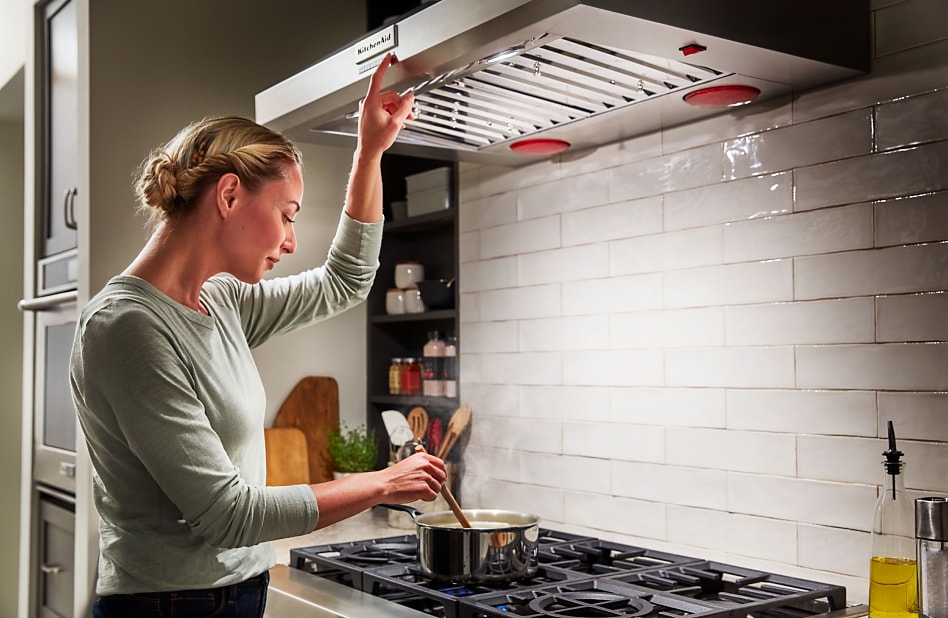
Credit: www.kitchenaid.com
Vent Hood Features To Look For
Choosing the right vent hood is essential for your kitchen. Adjustable fan speeds help manage cooking odors effectively. Different levels allow for better air control. A higher speed is useful for strong smells, while a lower speed is quieter.
Built-in lighting enhances visibility while cooking. It helps you see your food clearly. Some models offer LED lights, which are energy-efficient. Others may have bright halogen lights for better illumination.
Material And Style Considerations
Stainless steel is a popular choice for vent hoods. Its durability and easy maintenance make it ideal for kitchens. This material suits both modern and traditional styles. Stainless steel blends well with various colors and designs.
Modern designs focus on clean lines and minimalism. They offer a sleek look that enhances any kitchen. Traditional designs often feature ornate details and classic finishes. Both styles have unique charm and functionality.
| Material | Benefits |
|---|---|
| Stainless Steel | Durable and easy to clean |
| Glass | Stylish and modern |
| Wood | Warm and traditional look |
Maintenance And Upkeep
Regular cleaning of your vent hood ensures it works well. Use warm, soapy water for the exterior. For the filters, a gentle scrub with vinegar helps remove grease. Always dry them completely before reinstalling.
Check filters monthly to see if they need replacement. Replace them every three to six months for best performance. If you notice a drop in airflow, it’s time for a new filter. A clean vent hood keeps your kitchen safe and fresh.
Energy Efficiency And Noise Levels
Choosing the right vent hood is important for energy savings. Eco-friendly models use less power and are better for the planet. Many brands offer energy-efficient options that still perform well.
Quiet operation hoods minimize noise, making cooking more enjoyable. Look for models with a low sones rating. This rating shows how loud the hood is during use.
| Features | Eco-Friendly Models | Quiet Operation Hoods |
|---|---|---|
| Energy Use | Low | Minimal |
| Noise Level | Quiet | Very Quiet |
| Environmental Impact | Positive | Neutral |

Credit: us.fotileglobal.com
Cost Expectations And Value
Choosing the right vent hood for your 30-inch range is crucial. Costs can vary widely based on style and features. Basic models start around $200, while high-end options can exceed $1,500. Budgeting wisely helps you get the best value.
Consider long-term benefits when selecting your vent hood. A quality hood improves kitchen air quality. It reduces smoke and odors effectively. Investing in a good model can save money on future repairs. Energy-efficient models may lower utility bills too.
| Cost Range | Features |
|---|---|
| $200 – $500 | Basic models with standard features. |
| $500 – $1,000 | Mid-range with better performance. |
| $1,000+ | High-end with advanced features. |
Conclusion
Choosing the right size vent hood for a 30-inch range is crucial for effective ventilation. A properly sized hood enhances kitchen air quality and reduces odors. Always consider the hood’s CFM rating and design. Investing in the right size ensures a functional and stylish kitchen space that meets your cooking needs.
